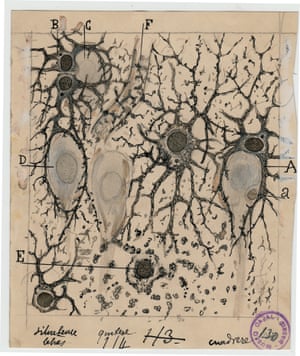VS Ramachandran
Ramachandran isn't just expressing awe as to the wonder of the human brain but referencing the incredible concept of emergence:
"emergence occurs when an entity is observed to have properties its parts do not have on their own."
A system such as the brain can exhibit properties - or even behavior - that none of its constituent parts possess individually. It's not possible to explain emergence through conventional means of conceptualising knowledge - reducing down to parts or explain what it does. Emergent properties and behavior can be identified everywhere, even (my favourite example) among humans in concert mosh pits or take the concept of reputation!















